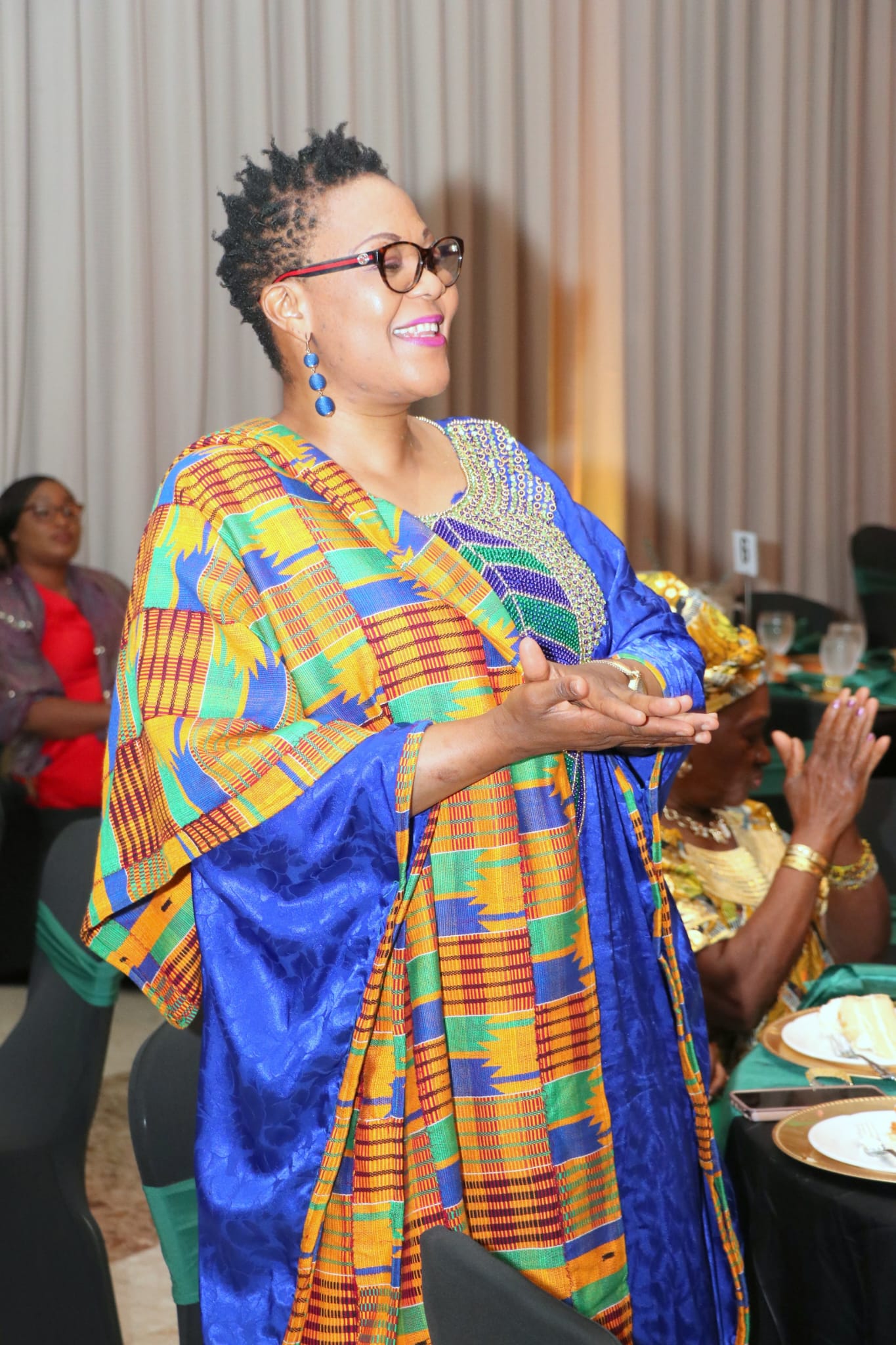
Gender Roles in Pre-Colonial Sierra Leone
Gender roles in pre-colonial Sierra Leone were deeply ingrained within the fabric of society, shaped by the cultural practices and norms of the various indigenous ethnic groups inhabiting the region. Although gender roles varied among different ethnic groups, there were certain commonalities in the division of labor between men and women. This division of labor was not only influenced by practical considerations but also by cultural beliefs and traditions passed down through generations.
One of the primary areas where gender roles were evident was in economic activities. Men typically undertook tasks that required physical strength and outdoor work, such as farming and hunting. Agriculture played a central role in the pre-colonial economy of Sierra Leone, with communities relying heavily on subsistence farming for their livelihoods. Men were often responsible for clearing land, planting crops, and tending to livestock. They would venture into the forests to hunt wild game, providing additional sources of protein for their families and communities. Furthermore, men often held positions of leadership within their communities, serving as chiefs or elders who made important decisions regarding issues such as land allocation, disputes, and defense.
On the other hand, women were primarily responsible for domestic tasks and caregiving roles within the household. Cooking, cleaning, and food preparation fell under the purview of women, who would utilize locally sourced ingredients to create meals for their families. The art of cooking was passed down from mother to daughter, with recipes and culinary techniques being closely guarded family secrets. In addition to cooking, women also played a crucial role in childcare, nurturing and raising the next generation of community members. This involved not only physical care but also imparting cultural values and traditions to children through storytelling, songs, and proverbs.
Moreover, women were actively involved in certain aspects of agriculture, particularly those related to food processing and cultivation of crops such as rice and vegetables. While men might handle tasks like land preparation and planting, women often engaged in activities such as weeding, harvesting, and threshing. They possessed intricate knowledge of agricultural techniques and plant varieties, passed down through generations of women within their communities. In some ethnic groups, women also had ownership rights to land and property, particularly in matrilineal societies where inheritance passed through the female line.
Despite the division of labor, gender roles were not rigidly defined, and there was often overlap between the tasks performed by men and women. For example, in times of need or scarcity, both men and women might engage in activities outside of their traditional roles to ensure the well-being of their families and communities. Additionally, there were instances where women held positions of authority and power within their communities, particularly as priestesses or spiritual leaders in certain religious traditions.
Furthermore, the roles of men and women were not solely determined by practical considerations but were also influenced by cultural beliefs and societal expectations. Concepts of masculinity and femininity were deeply embedded within traditional Sierra Leonean culture, shaping the behaviors and roles assigned to individuals based on their gender. These cultural norms were reinforced through rituals, ceremonies, and socialization processes, ensuring conformity to established gender roles within the community.
However, it is essential to recognize that gender roles were not static and varied across different ethnic groups and regions within Sierra Leone. Furthermore, the impact of colonialism, particularly the introduction of Western ideas and institutions, would later influence and reshape traditional gender roles in Sierra Leonean society. Nevertheless, the pre-colonial era provides valuable insights into the historical dynamics of gender relations and the division of labor within Sierra Leonean communities.




